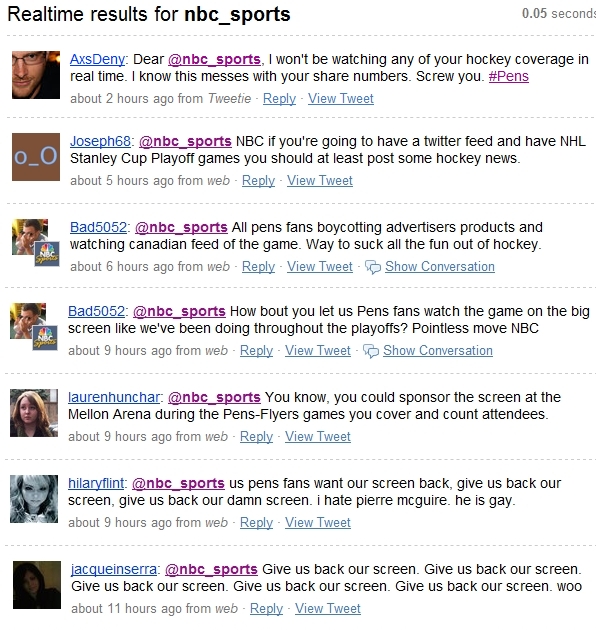On Wednesday March 4th, the Washington State Senate unanimously passed a Senate Bill (SB) 5893 that exempts players in the Western Hockey League from state labor laws. The bill was amended on the floor Tuesday (the original bill sought to exempt all amateur athletes originally), and will now head to the House for consideration.
Back in February, state officials heard from Washington’s four WHL teams and the league office. They proclaimed that if the players were subject to state labor laws, the four Washington teams would have to relocate, or worse, shut down. The Seattle Thunderbirds, Spokane Chiefs, Tri-City Americans and Everett Silvertips are under investigation for violation of child labor laws after a 2013 complaint was filed regarding working conditions for the players, who are 16 to 20 years of age and play a 72-game regular season.
Under current law, if the young WHL players are considered employees of the team, they are subject to the state laws governing minimum wage and working conditions. Teams offer weekly stipends to the players that gave me horrible flashbacks to my days of ramen noodles (Canadian broadcaster TSN quoted a union representative who claimed the for-profit league was only paying some players as little as $50 a week), which means that these players aren’t making anywhere near minimum wage. But the WHL argues that they also provide college scholarships and billeted housing (like a homestay) for their players. The young men go to school while playing for the WHL, with their team paying for “any expenses incurred” according to the WHL website. Many older players begin their post-secondary education while still playing in the league (when a player joins the WHL, he signs a Standard Player Agreement through which he earns financial aid for every year that he plays in the WHL – equivalent to full tuition and books). But what of the 16 and 17 year-olds that aren’t yet in continuing education … are they receiving just compensation? That’s why the Washington State Department of Labor and Industries launched the investigation after the 2013 complaint.
The Kent School District hosts 11 Seattle Thunderbird players in their classrooms and does everything it can to help them, from academics to time management (the team practices six days a week as the season approaches, then they have to manage practice and two-three games per week once the season starts). These students are enrolled in public education; therefore the league isn’t paying for their education at this point. In response to the initial investigation concerns, WHL Commissioner Ron Robinson noted that the players are student athletes playing in a developmental hockey league, and “participating in and contributing to their sport the same way as other amateur athletes.” He furthermore added that they’ve played in this capacity in Washington State since 1977 without issue or exemption.
While Canadian universities and colleges allow WHL graduates to play in their programs afterwards, NCAA rules in the United States dictate that any player who has played a single game in the WHL or signed a Standard Player Agreement forfeits his eligibility to participate in hockey. Surprisingly, college hockey in Canada is generally not as highly regarded as competing in the NCAA and is not a serious means of getting to the NHL. So, if a player ultimately wants to end up in the pros, he has to choose whether to “take the school or keep on trying to play hockey and then your school is gone,” according to Luke Walter, who played for the Tri-City Americans. Access to a scholarship expires 18 months after a player’s last year of WHL eligibility.
Speaking of the NCAA, professors of law at Michigan State University who conducted exhaustive investigations into the lives of NCAA football and basketball players that determined the athletes are employees suggest that WHL players have many similarities and should have been heard from before the lawmakers considered the legislation. Now that it looks like the exemption will become law, the WHL will be business as usual but still may be subject to fines and penalties stemming from the current investigation. Teams won’t have to worry about any limitations on how many games players under 18 can participate in (if child labor laws applied, they would be limited to 20 hours a week) nor where they might generate extra income to pay the players (even though it sounds like they could spare some money).
With SB 5893 being the most “expeditious” route to a solution for the WHL, according to Washington State Sen. Joe Fain, let’s hope that consideration is still given to the strenuous conditions the players face and potential negotiation for better compensation (such as extending the amount of time that players can claim their scholarships). After all, the benefits offered by the WHL are not always optimal for players to utilize. And while these kids may be lucky to play in the league, the league is just as lucky to have them bringing in sizeable revenue year after year.
Add The Sports Daily to your Google News Feed!
